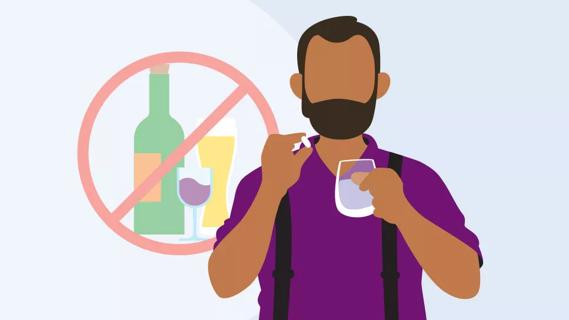Advertisement
This type of provider is often your first stop for care

According to Healthcare.gov, a primary care provider is “a physician (MD or DO), nurse practitioner, clinical nurse specialist or physician assistant, as allowed under state law, who provides, coordinates or helps a patient access a range of healthcare services.”
Advertisement
Cleveland Clinic is a non-profit academic medical center. Advertising on our site helps support our mission. We do not endorse non-Cleveland Clinic products or services. Policy
While this technical definition is true, your primary care provider can also do and become so much more in your and your family’s life.
“Primary care physicians do much more than give you physicals and refer you to specialists,” says family medicine specialist Sarah Pickering Beers, MD.
Indeed, research suggests their goal is to keep you out of harm’s way — and help you avoid the emergency room, operating room and intensive care unit.
“Studies show that in states and areas of our country where there is more primary care, health outcomes are superior, with lower costs,” says Dr. Pickering Beers. “People are less likely to be hospitalized, and death rates are lower for cancer, heart disease and stroke.
“Infant mortality rates are also lower, birth weights are higher, and rates of immunizations against once deadly diseases are higher.”
So, how can you find the right primary care provider? Read on to learn more.
Primary care should make a dramatic impact on your health. Why? Because primary care doctors are trained to recognize and manage a wide range of acute (short-term) and chronic (persistent and recurring) health problems. “And they get to know their patients (and their health issues) well,” says Dr. Pickering Beers.
Your primary care doctor doesn’t work alone, though. They guide a whole team of healthcare professionals focused on helping you set realistic goals for managing health issues and staying well through lifestyle changes.
Today, many primary care providers have taken on an expanded role. We break down six types of primary providers you could visit.
If you’re making an appointment with a primary care provider for the first time, or switching to another doctor, it’s important to understand the different roles and titles of those physicians.
PCPs oversee the team providing primary care for you and your family. They diagnose and treat a wide variety of acute and chronic health problems, and connect you with the appropriate services for routine and specialty care. This includes:
Advertisement
Advanced practice providers are certified and licensed to provide much of the same preventive, acute and chronic care as your primary care doctor. They can assess, diagnose, treat, prescribe and educate you about your condition(s) and wellness. Advanced practice providers include:
These doctors-in-training work under your primary care doctor’s supervision during their first years of practice after medical school (residency). They provide advanced medical care and assist you in managing your health.
Clinical pharmacists are residency-trained to manage chronic diseases, and can prescribe and adjust medication until your condition is well-controlled. They may work as a team with your physician or see you independently.
These registered nurses (RNs) assess your health needs, become your advocate and help you navigate the healthcare system. They also help you manage chronic illnesses and prevent health problems.
Medical assistants prepare you and your physician for your visit. They take your history and vital signs, update your chart, call in prescriptions, help with insurance and assist the team in many ways.
All of these primary caregivers work to provide you and your family with comprehensive, continuous and compassionate care. But they can’t work in isolation — they need your help.
“My best advice for patients looking to make the most out of every visit is to come prepared with a list of questions and any notes about symptoms they have been experiencing,” Dr. Pickering Beers advises. “Share your health goals with us so we can work together to help you enjoy a longer, healthier life.”
Advertisement
Learn more about our editorial process.
Advertisement

Enteroviruses are often to blame for summer colds, leading to a runny nose, sore throat and digestive symptoms

The tickling response may be more about protection than enjoyment

Stress and unhealthy habits can lead to more colds, but taking some precautions may help you stay well

Mineral sunscreens have a heavier texture to create a physical barrier, while chemical sunscreens are lighter and use a chemical reaction to prevent UV damage

From bug bites and blisters to sunstroke and swimming safety, here’s how to stay well this season

This persistent myth isn’t true and can actually cause more pain than relief

Poisons are inhaled, ingested or absorbed by your skin, while venoms are delivered by bites and stings

Even a little alcohol can slow your recovery, so it’s best to wait until after you finish your antibiotics before imbibing

Focus on your body’s metabolic set point by eating healthy foods, making exercise a part of your routine and reducing stress

PFAS chemicals may make life easier — but they aren’t always so easy on the human body

While there’s little risk in trying this hair care treatment, there isn’t much science to back up the claims